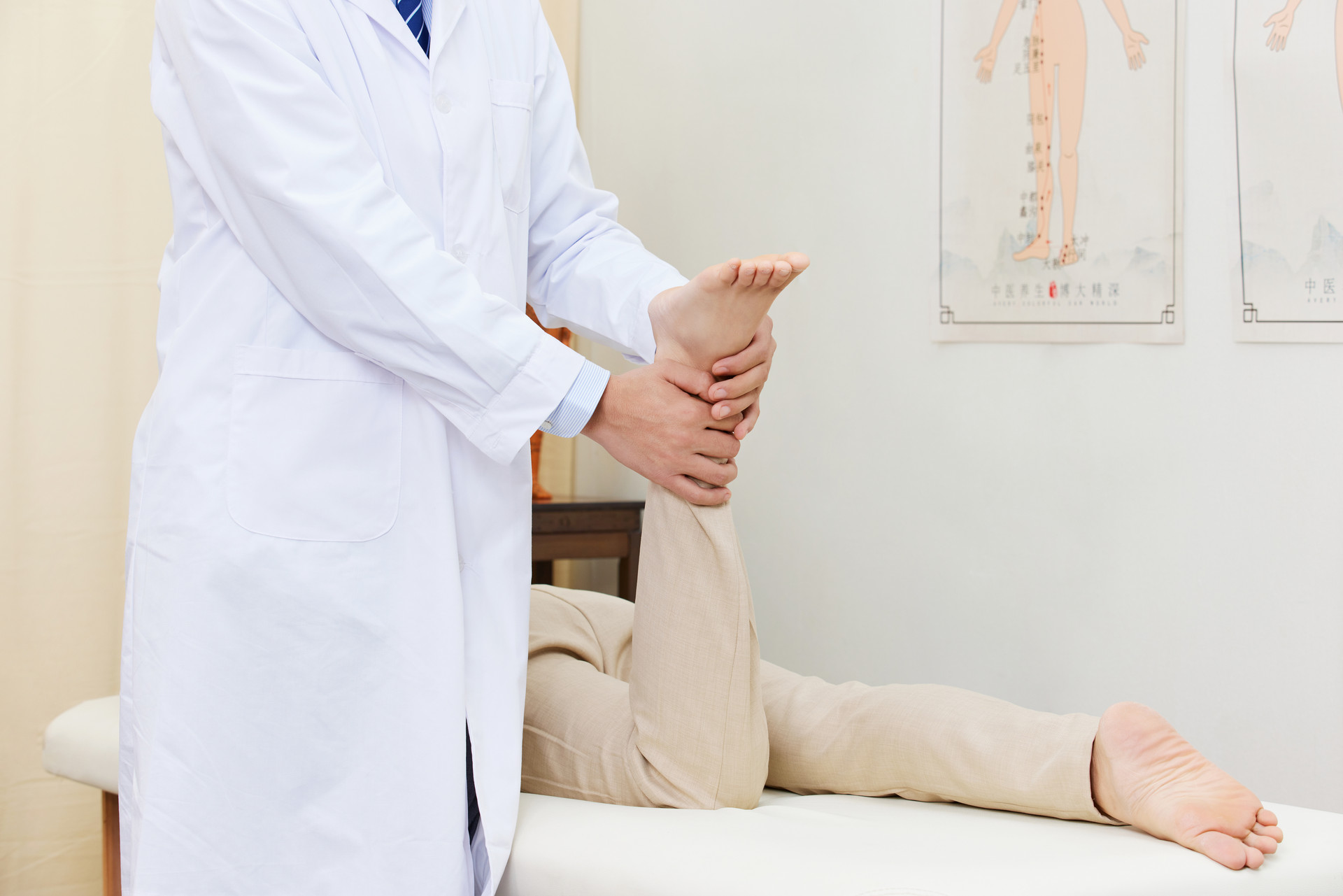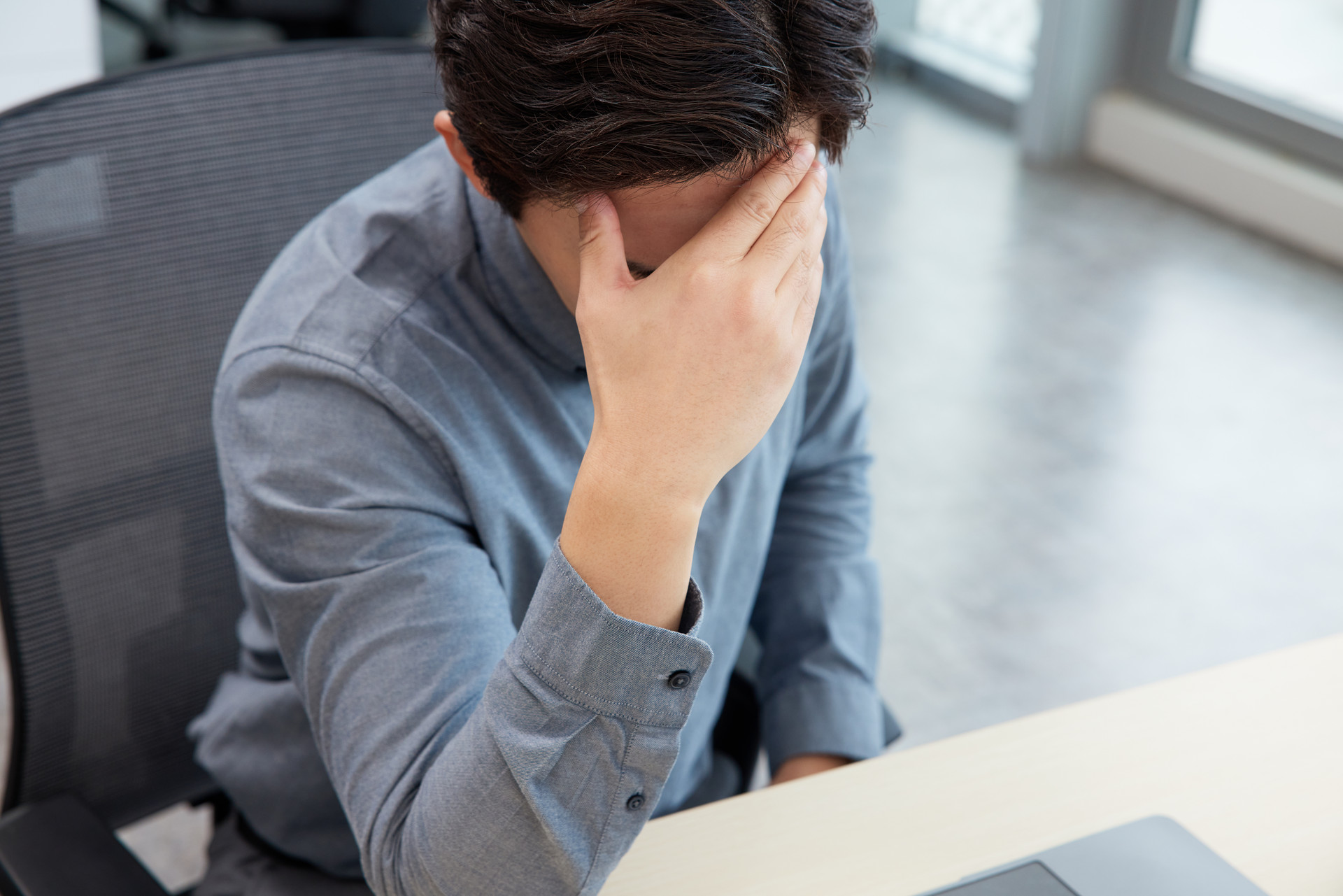For many families, men are the mainstay of the household, and men's health is equivalent to the family's wealth. However, underneath the seemingly healthy appearance, many men endure various illnesses. With the pressure of life on their shoulders and the responsibility of supporting the family, more and more men encounter diseases in overtime work, staying up late, and socializing. After analyzing the physical examination results of over 10,000 men, experts have found that the following health problems have become common stumbling blocks for men's journey to health.
Suffering from a High-Sugar Diet
Mr. Chen, a resident, could never have imagined that he would be diagnosed with fatty liver during his physical examination, despite not eating much meat or drinking alcohol. It turns out that he is busy with work and often treats sugary drinks and high-sugar desserts as "companions" during overtime. Eating too much sugar can also lead to fatty liver. Experts explain that among the nearly 15,000 men who underwent physical examinations last year, fatty liver was the most commonly diagnosed condition.
Experts explain that many fatty liver patients only pay attention to eating less meat and drinking less alcohol, but they often overlook the importance of eating less sugar, especially the hidden sugar in soft drinks. Studies have shown that liver disease is not only a consequence of obesity or fat intake but also one of the culprits causing the disease. Do not think that only smoking and drinking can be addictive; eating sugar can also be addictive. On the one hand, sugar affects hormones in the body, making the brain unable to send signals of fullness, resulting in more cravings. On the other hand, sugar affects the hormones in the body, causing the brain to continuously send signals to consume sugar. Just like addiction to cigarettes and alcohol, people who eat sugar will develop a greater love for it over time. Therefore, for men, no matter how busy and tired they are, they should eat less high-sugar drinks and foods.
Attention to Low Bone Mass in "Greasy" Middle Age
Experts explain that among the men who participated in the physical examination, besides fatty liver, many were diagnosed with high cholesterol, high blood lipids, high blood sugar, and high uric acid. Everyone knows that these high indicators can affect health, but some low indicators are often overlooked. For example, many men, especially middle-aged and elderly men, begin to experience a decline in bone mass, which increases the risk of osteoporosis.
Experts remind that to prevent and treat osteoporosis, in addition to getting enough sunlight, eating foods high in calcium, and quitting smoking and drinking, it is also important to engage in outdoor exercises such as brisk walking, jogging, and swimming. It is recommended to have more than 20 minutes of sunlight exposure every day, and the best time for activities is between 9-10 am and 2-5 pm when UV-A rays are beneficial for calcium absorption. If men do not pay attention to physical exercise, it will accelerate the development of osteoporosis and increase the risk of fractures. Physical exercise has a positive effect on the prevention and treatment of osteoporosis. If osteoporosis patients do not exercise, their muscle strength will decrease, the stimulation to the bones will decrease, which will not only accelerate the progression of osteoporosis but also affect joint flexibility.
A Single Bald Spot Can Ruin Everything
As the saying goes, "a good hairstyle can cover a hundred flaws." If the hairstyle is well-maintained, it can greatly enhance one's external image. However, for many men whose hair is gradually thinning, it can ruin everything. Although hair loss is not a serious illness, it can significantly affect a man's appearance. According to the "China Hair Loss Survey," the hair loss rate among men in China is nearly 20%, with men aged 20-40 being the main group experiencing hair loss, with the fastest rate around the age of 30.
Experts explain that under normal circumstances, there is a daily cycle of hair growth and shedding. Generally, losing fifty to sixty hairs per day is normal. However, if more than a hundred hairs fall out every day, it could be a warning sign of pathological hair loss, which can have various causes. For example, male pattern baldness, stress-induced hair loss, excessive mental stress can often lead to increased hair loss. Additionally, various endocrine hormones can affect hair growth, so when there is an endocrine disorder, it can cause severe hair loss, such as postpartum and menopausal hair loss. Furthermore, severe malnutrition can even lead to diffuse hair loss.
Experts say that many hair loss patients have long-term treatment without improvement. Western medicine cannot find any problems, while traditional Chinese medicine attributes it to constitutional reasons, such as "kidneys being the source of hair, and hair being the surplus of blood." For hair loss caused by kidney deficiency, Du Changming has summarized the "three-character mantra" for preventing hair loss, which is helpful for easy memorization.
Avoid Frequent Washing - Hair should not be washed too frequently, with at least a 2-day interval. Generally, washing hair once every 2-5 days is recommended. Washing hair too frequently can damage the hair cuticles, making the hair dull and rough. Many people wash their hair frequently because their hair becomes oily, but this actually makes the hair dry, which stimulates the secretion of more oil, making it more prone to oiliness and hair loss. In less hot seasons, washing hair once every 3 days is ideal.
Choose Shampoo Wisely - People with hair loss should try to avoid using degreasing or alkaline shampoos to prevent dry hair and scalp necrosis. It is best to use natural shampoos that do not irritate the scalp, such as pure plant-based shampoos with ginger, soapberry, and sesame as the main ingredients. For oily hair, shampoos with stronger alkalinity can be used moderately, and for dry hair, it is best to choose nourishing shampoos.
Massage the Five Meridians - Here, "combing the hair" does not mean using a comb but using our fingers. It is not a conventional combing method but "using the five meridians." First, use the five fingers to press the middle of the head, the bladder meridian on both sides, and the gallbladder meridian. Repeat this five times. Generally, do this 3-5 times after resting, with each time lasting no less than 3-5 minutes. It is best to do it three more times before going to bed at night. This can promote meridian circulation, regulate nervous function, enhance secretion activity, improve blood circulation, and promote metabolism, thereby nourishing and promoting hair growth.
Diet Adjustment - Those who are prone to hair loss should focus on consuming nutrients such as iron, sulfur, vitamin A, vitamin E, and high-quality protein in their daily diet. They should also eat more high-fiber foods and consume less fatty meat and animal organs. If the diet is too greasy and the oil secretion is excessive, it can easily lead to seborrheic hair loss.
Avoid Staying Up Late - According to traditional Chinese medicine, the kidneys are the basis for hair. The condition of kidney Qi directly affects the quality of hair. Staying up late can lead to excessive consumption of kidney Qi, resulting in hair loss. Therefore, friends who often stay up late and find themselves prone to hair loss should try to stay up late less frequently.










